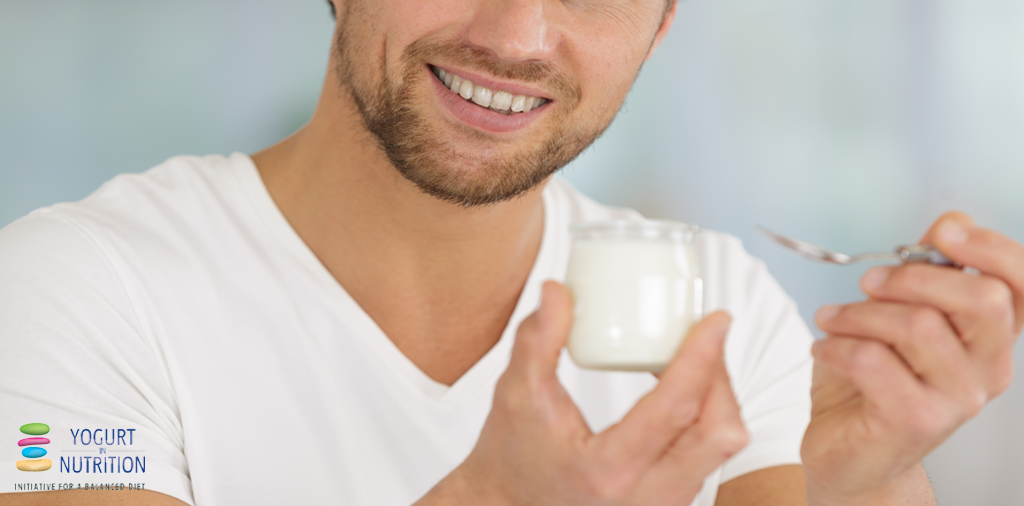Take a stroll through any supermarket these days and you’ll see a host of probiotic foods. They contain live microbes including ‘friendly’ bacteria that may be present naturally or added to the food with the aim of improving the balance and function of our own microorganisms living in our gut.
Growing scientific evidence points to a role of probiotic foods in boosting our health, although health benefits vary depending on the type of probiotic and individual differences in people’s gut bacteria.
Fermented dairy products such as yogurts show particular promise. And according to this latest study, the chances are that we could gain health benefits in as little as one month after starting to eat yogurt regularly. It seems that consuming fermented dairy products may promote shifts in gut microbial make-up that are associated with improvements in markers of inflammatory, hormonal and heart health.
Yogurt is associated with a boost in helpful bacteria
The authors asked 150 healthy adult volunteers to eat yogurt containing the probiotic Bifidobacterium animalis subsp. lactis BB-12, twice a day for 30 days. Medical data and stool samples were collected on the first and last days of the study.
The results showed an increase in potentially beneficial gut bacteria at the end of the study, particularly Bifidobacterium, as well as Adlercreutzia equolifaciens and Slackia isoflavoniconvertens. These were accompanied by an increased ability to handle lactose and make amino acids, the building blocks of proteins.
There was also reduced potential for making lipopolysaccharides, suggesting less chance of the gut becoming inflamed.
Probiotic choice may in future be tailored to your needs
Analysis revealed that changes in the microbial make-up of the volunteers’ gut at the end of the study dependent on their microbial composition at the start. This raises the possibility that determining the microbial composition of a person’s gut may help to identify probiotics that best suit their individual needs, say the authors.
‘Significant shifts in gut microbial taxonomy and function suggest that a single month of [fermented diary product] consumption may promote general positive effect on human gut and possibly total host physiology.’ – Volokh O, et al, 2019
Support for friendly bacteria
The results of the study further support the health benefits of Bifidobacteria, which have long been known to be helpful inhabitants of the human gut. They play an important role in vitamin production, as well as help the body to fight off infection. Using bifidobacteria as a probiotic has previously been found to improve various health problems, including certain types of diarrhoea, eczema and other allergic disorders.
‘…the results suggest potential for multi-faceted positive impact of fermented diary product consumption on human gut microbiota by promoting shifts in microbiota species that are associated with positive impact on biomarkers commonly associated with inflammatory, hormonal, and cardiovascular function.’ – Volokh O et al, 2019
Hormone, heart and anti-cancer benefits?
The increase in Adlercreutzia equolifaciens and Slackia isoflavoniconvertens could be important as these bacteria can play a role in how the body handles a group of biologically active substances, the isoflavones.
People get most of their isoflavones from legumes; mainly soybeans, which contain two isoflavones (genistein and daidzein) that act as phytoestrogens; eating them has been associated with improved reproductive function, together with a reduced risk of breast cancer in women.
Adlercreutzia and Slackia can convert one of the isoflavones into another substance, equol, with potentially beneficial effects on hormonal and cardiovascular functions, as well as anti-cancer activity.
The authors conclude that increases in Adlercreutzia and Slackia after eating probiotic yogurt may improve the ability of the human gut to respond to a diet rich in isoflavones, including soy-based products. Food products and diets could be designed with this in mind, they suggest.



